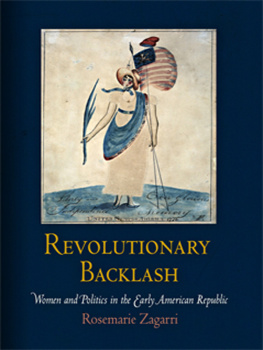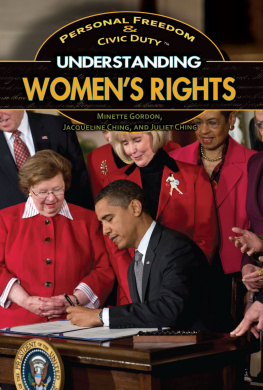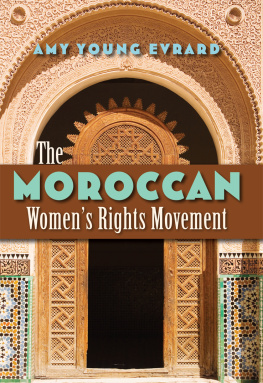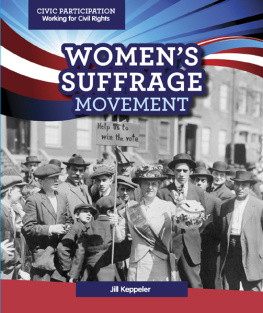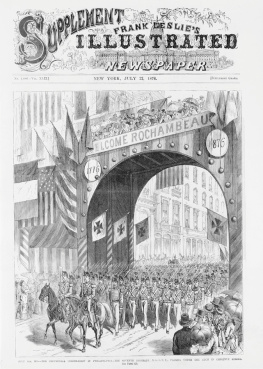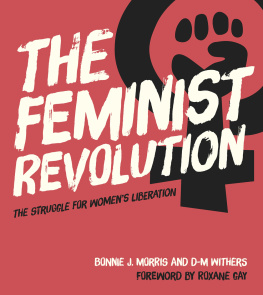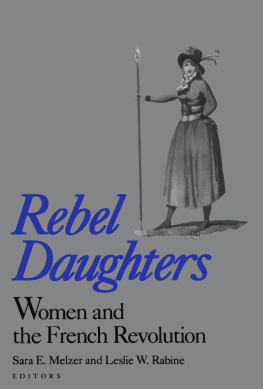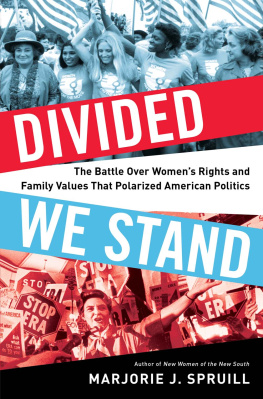Acknowledgments
Perhaps the best thingmaybe the only good thingabout taking a long time to write a book is the ever-enlarging circle of people who have helped me in one way or another and who, in a sense, formed a community centered around the book. Making new friends and getting to know other scholars in the field have been among the most rewarding aspects of the project. A long genesis also means that I have acquired a long list of debts which a simple thank you can hardly repay. In any case, I will try.
First of all, I would like to thank the National Endowment for the Humanities, the Society for Eighteenth Century Studies, the American Antiquarian Society (AAS), and George Mason University for providing fellowships or financial support that allowed me to research and write the book. I am especially grateful to Joanne Chaison, John Hench, and Phil Lampi at the AAS, who played key roles in the early stages of the project and have made their institution a delightful haven for scholars of early America. I would also like to thank Dave Kelley of the Library of Congress for reference assistance that went above and beyond the call of duty. Because most of the research for this book was finished before the widespread availability of digital databases and web search engines, I had to rely on more old-fashioned methods. More than ten years ago, Dave showed me an obscure index to the American Periodical Series, printed on microprint cards (if anyone remembers what those are), that opened up whole new avenues of inquiry.
Many other individuals aided my research in ways both large and small. I would like to thank the staffs at the Library of Congress Manuscript Room and Rare Book Room, the Massachusetts Historical Society, the New York Historical Society, the Houghton Library at Harvard University, the Maryland Historical Society, the Virginia Historical Society, and the Southern Collection at the University of North Carolina, Chapel Hill, for help in uncovering the riches of their archives. I am grateful to the editors of the William & Mary Quarterly and the American Quarterly for giving me permission to reproduce portions of articles previously published in their journals. I would also like to acknowledge the assistance of my graduate students, Linda Burch, Pat Dunlap, Clayton Jewett, Stephanie Hurter, and Karen McPherson, who made useful contributions to my research. In addition, I thank Terry Ross, who provided timely advice of another sort that helped bring the project to fruition.
Many scholars have commented on papers related to this project or read sections of the work that appeared previously in article form. For useful comments and suggestions, I would like to thank Catherine Allgor, Doron Ben-Atar, Tim Breen, Pat Cohen, Seth Cotlar, Nancy Cott, Mary Kelley, Sarah Knott, Jan Lewis, Barbara Oberg, Peter Onuf, Jeff Pasley, Whit Ridgway, Andy Robertson, Barbara Taylor, David Waldstreicher, and Gordon Wood. I am especially grateful to Dan Richter, who read the entire manuscript and provided astute criticism that helped me sharpen and refine my argument. My editor at the University of Pennsylvania Press, Bob Lockhart, has been supportive and enthusiastic for as long as I have been working on the project. He has been the ideal person to shepherd the manuscript into print.
Sheila Skemp, Elaine Forman Crane, and Edie Gelles have been my intellectual companions throughout the entire journey. We have done so many conference sessions together that I am sure I don't know where my ideas end and theirs begin. They have read my papers, articles, and drafts and offered innumerable suggestions for improvement. I thank them for their intellectual generosity, their friendship, and their own significant contributions to the field of early American women's history.
The book has also benefited from discussions with other colleagues. My department at George Mason University has been a most congenial and dynamic place for a historian to work. Jack Censer, Jane Turner Censer, Marion Deshmukh, the late Larry Levine, Mike O'Malley, Roy Rosenzweig, Suzy Smith, and Jeffrey Stewart have all provided help, insight, or encouragement at key moments. I also thank Paula Petrik for her generous assistance in reproducing some of the digital images. Members of my history reading group have kept me abreast of developments in other fields and pushed my thinking about history in new directions. For their collegiality and intellectual stimulation, I thank Jim Gilbert, Mike Kazin, Nelson Lichtenstein, Melani McAlister, Joe McCartin, Tim Meagher, Terry Murphy, Adam Rothman, and Roy Rosenzweig.
During the years I worked on this project, there were a lot of ups and downs in my personal life. My friends and family offered the love and support that got me through it all. I especially thank Margarita Egan, Kim Gray, Susie Hogan, Laura Kalman, Stacy Moses, Nancy Pfenning, Jolene Reiter, Robin Chapman Stacey, Kathleen Trainor, Deborah Walther, and Ellen Warnock for helping me keep things in perspective. My children, Anthony Morley and Angela Rose Gormley, made sure that I had balance in my life. My husband, Bill Gormley, encouraged me, sustained me, and believed in me the whole time. He knows I probably would have finished the book a lot sooner had I not spent so many hours in my garden. But he also understands why it is important to stop and smell the roses.
Chapter 1
The Rights of Woman
In 1798, less than ten years after the ratification of the U.S. Constitution, the writer Charles Brockden Brown, often considered the country's first professional man of letters, published an article on a controversial topic in his periodical, the Philadelphia Weekly Magazine. Entitled The Rights of Woman, the piece depicted a dialogue between a young man, Alcuin, and his female acquaintance, Mrs. Carter. At one point Alcuin, the namesake of a medieval monk, posed a question to his companion, asking the woman about her preferences in terms of political parties. Instead of deferentially refusing to discuss such an unfeminine topic, Mrs. Carter went on the offensive. What have I, as a woman, to do with politics? she asked. Even the government of our country, which is said to be the freest in the world, passes over women as if they were not [free]. We are excluded from all political rights without the least ceremony. Lawmakers thought as little of comprehending us in their code of liberty, as if we were pigs, or sheep. That females are exceptions to their general maxims perhaps never occurred to them. If it did, the idea was quietly discarded, without leaving behind the slightest consciousness of inconsistency or injustice.
Charles Brockden Brown had gone straight to the heart of a fundamental contradiction in postrevolutionary American society. Although the Revolution had been fought in the name of equality and natural rights, the American political system failed to embody those ideals for substantial portions of its population. It denied equal rights to all black people and to nearly one-half of the white population: women. Although the first organized resistance to slavery began to emerge at this time, there was no comparable movement for women's rights. Most historians, in fact, assume that the first widespread debates about women's rights did not occur until the decade or so preceding the Seneca Falls Convention of 1848. Yet, as Brown's tirade suggests, the first agitation about women's rights can actually be traced to the years immediately following the Revolution, or even earlier, to Enlightenment discussions about the role of women in history and society. Although the American Revolution was not fought in an effort to promote women's rights, the commitment Or would the new country treat its women, as Brown claimed, merely like pigs, or sheep?
Women, Custom, and History

